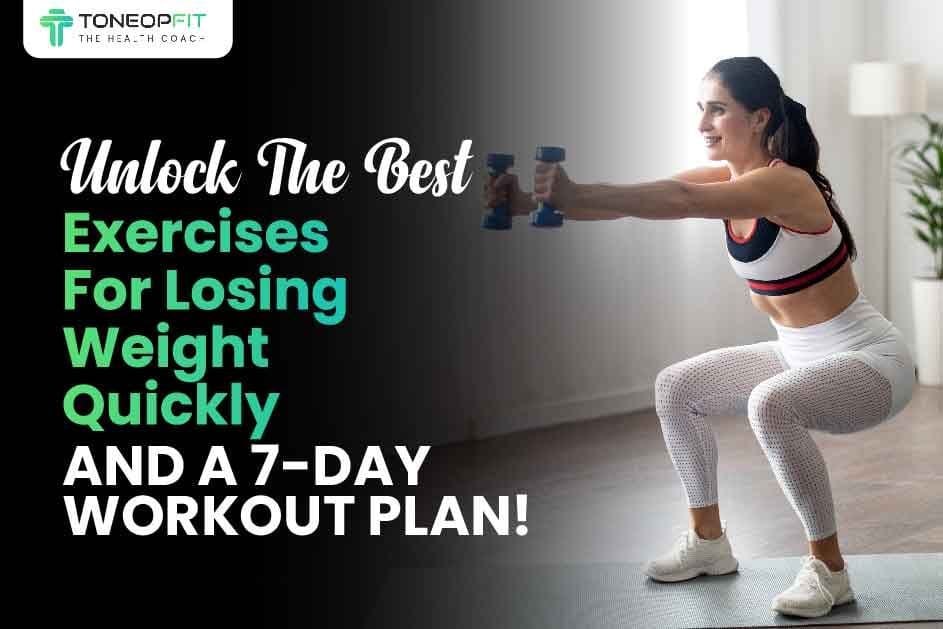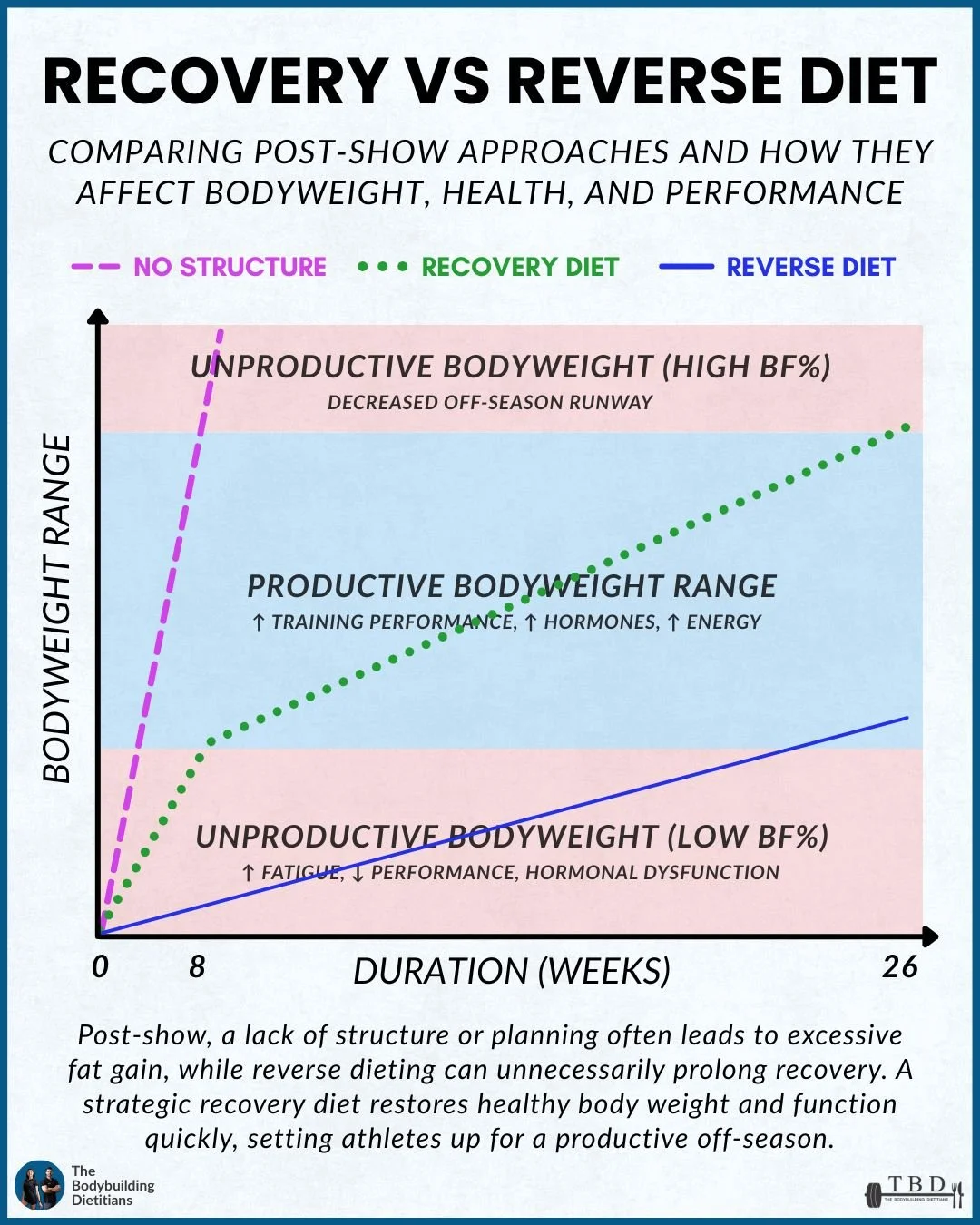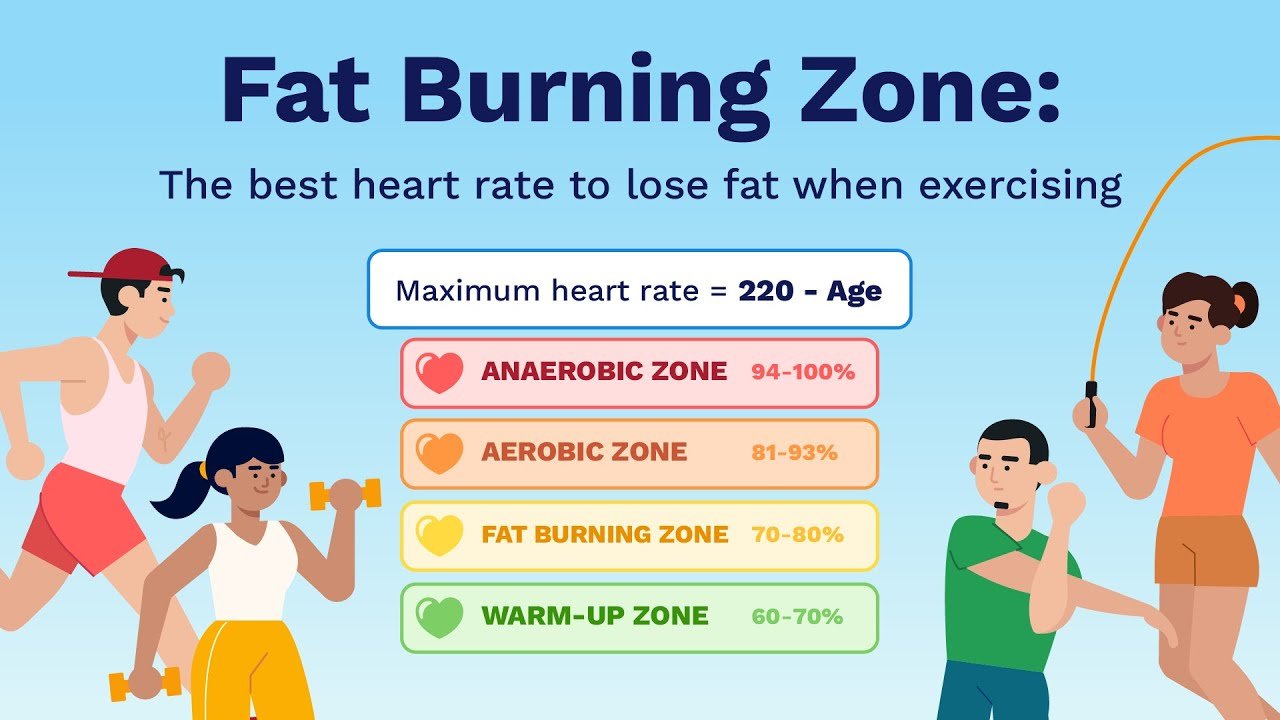Are you an athlete looking to shed some extra weight without losing your strength or energy? Finding the best weight loss approach can be tricky when you need to stay strong, fast, and focused.
You want a plan that fits your training, boosts your performance, and keeps you healthy. You’ll discover proven strategies that can help you reach your goals without sacrificing what makes you great. Ready to learn how to lose weight the smart way and keep dominating your sport?
Keep reading—you won’t want to miss these insights.
Athletes’ Unique Weight Loss Needs
Athletes need to lose weight carefully. They must keep their strength and energy. Losing fat should not reduce muscle or performance.
Weight loss for athletes is different from regular dieting. It requires a plan that fits training and recovery.
Balancing Performance And Fat Loss
Athletes must lose fat without losing power. Cutting calories too much can hurt performance. A balanced diet supports workouts and fat loss.
Eating enough protein helps keep muscles strong. Timing meals around training can improve energy and recovery.
- Maintain a slight calorie deficit
- Eat protein with every meal
- Fuel workouts with carbohydrates
- Rest to allow muscle recovery
Impact Of Training Intensity
High training intensity burns more calories. It helps athletes lose fat faster. But very hard training needs more fuel to avoid fatigue.
Lower intensity training burns less fat but allows better recovery. Mixing both types helps balance fat loss and energy.
- High intensity training increases calorie burn
- Low intensity helps muscle repair
- Rest days are important for recovery
- Adjust diet based on training load
Role Of Body Composition
Body composition shows fat and muscle levels. Athletes aim to lower fat while keeping muscle. This improves strength and speed.
Measuring body composition guides weight loss plans. It helps athletes avoid losing muscle during dieting.
- Use body fat tests to track progress
- Focus on fat loss, not just weight
- Keep protein intake high to protect muscle
- Combine strength training with cardio

Effective Diet Strategies
Athletes need smart diet plans to lose weight without losing strength. Eating right helps keep energy and muscle.
Choosing the best foods and timing meals can support fat loss and improve performance. Let’s explore key diet strategies.
Macronutrient Adjustments
Adjusting proteins, carbs, and fats is important for athletes losing weight. Protein helps keep muscle strong.
Carbs provide energy for workouts. Healthy fats support overall health and recovery.
- Increase protein intake to maintain muscle mass
- Choose complex carbs for steady energy
- Include healthy fats like nuts and olive oil
- Reduce simple sugars and processed foods
Timing And Meal Frequency
Eating at the right times helps athletes fuel workouts and recover well. Smaller, frequent meals keep energy steady.
Plan meals before and after training to support performance and muscle repair.
- Eat a balanced meal 1-2 hours before exercise
- Have protein and carbs soon after workouts
- Eat 4-6 smaller meals daily for stable energy
- Avoid long gaps without food to prevent fatigue
Hydration And Electrolytes
Water and electrolytes keep the body working well during exercise. Dehydration lowers performance and slows weight loss.
Drink fluids regularly and replace lost electrolytes with food or drinks.
- Drink water before, during, and after workouts
- Eat foods rich in potassium and magnesium
- Use electrolyte drinks for long or intense sessions
- Monitor urine color to check hydration
Training Approaches For Fat Loss
Athletes need specific training to lose fat while keeping strength and energy. Training plans should focus on burning fat without losing muscle.
This guide explains key training methods that help athletes reduce fat safely and effectively.
Incorporating Strength Training
Strength training builds muscle, which helps burn more calories even when resting. It keeps the body strong during fat loss.
Focus on lifting weights or using resistance bands at least 3 times a week. This supports fat loss and muscle maintenance.
- Use compound exercises like squats and deadlifts
- Lift moderate to heavy weights with good form
- Allow muscles to recover between sessions
High-intensity Interval Training Benefits
High-Intensity Interval Training (HIIT) burns a lot of calories in a short time. It mixes short bursts of hard work with rest.
HIIT improves endurance and speeds up fat loss without long workout sessions. It fits well into busy athlete schedules.
- Alternate 20-30 seconds of sprinting or cycling with 1-minute rest
- Repeat intervals 6-10 times per session
- Do HIIT 2-3 times a week for best results
Recovery And Rest Importance
Rest days let the body heal and build muscle. Without rest, the body may lose strength and burn less fat.
Good sleep and recovery prevent injuries and keep training effective. Aim for 7-9 hours of sleep each night.
- Schedule rest days between hard workouts
- Use stretching or light activity to aid recovery
- Listen to your body to avoid overtraining
Supplements And Ergogenic Aids
Athletes often use supplements and ergogenic aids to help with weight loss. These products can support energy, fat burning, and recovery. Choosing the right ones is important for safety and results.
Not all supplements work the same way. Some have strong research backing, while others may be ineffective or risky. Athletes should learn what options are safe and useful.
Safe And Effective Options
Some supplements can help athletes lose weight safely. Protein powders support muscle growth and repair. Caffeine can boost energy and fat burning during workouts.
Creatine helps maintain strength while cutting weight. Green tea extract may help increase metabolism slightly. Always follow recommended doses and check for banned substances.
- Protein powders for muscle support
- Caffeine to enhance energy and fat burning
- Creatine to preserve strength
- Green tea extract for mild metabolism boost
Common Myths Debunked
Many myths surround supplements and ergogenic aids. Some believe all fat burners are safe and effective. This is not true. Some products can cause harm or have no effect.
Another myth is that more supplements mean faster weight loss. Taking too many can be dangerous. Clean eating and training remain the best ways to lose weight.
- Fat burners are not always safe or effective
- More supplements do not mean faster results
- Natural foods and training are key
- Always check for banned substances in supplements
Psychological Factors In Weight Loss
Weight loss is not just about exercise and diet. The mind plays a big role. For athletes, this is very true.
Understanding how thoughts and feelings affect weight loss helps athletes stay on track. Mental strength supports physical efforts.
Motivation And Goal Setting
Motivation drives athletes to keep working toward weight loss. Clear goals give focus and direction.
Setting small, reachable goals helps keep motivation high. It feels good to see progress.
- Set specific weight or fitness targets
- Track progress regularly
- Reward yourself for meeting goals
- Stay positive and patient
Managing Stress And Mindset
Stress can make weight loss harder. It may cause overeating or loss of focus. Managing stress is key.
A healthy mindset helps athletes stay calm and confident. This supports good choices and steady progress.
- Practice relaxation techniques like deep breathing
- Keep a positive and realistic outlook
- Seek support from coaches or peers
- Focus on effort, not just results

Monitoring Progress Safely
Athletes need to watch their weight loss progress carefully. Losing weight too fast can harm performance and health.
Safe monitoring helps athletes keep strength and avoid injury while reaching their goals.
Tracking Body Composition Changes
Body composition shows the amount of muscle and fat in the body. It is better than just checking weight.
Athletes should measure body fat and muscle mass regularly. This helps see if they are losing fat, not muscle.
- Use tools like skinfold calipers or bioelectrical impedance scales
- Track measurements every 2 to 4 weeks
- Focus on fat loss, not just weight loss
- Keep muscle mass to maintain strength and speed
Avoiding Overtraining And Injury
Weight loss can increase injury risk if athletes train too hard. Rest and recovery are very important.
Pay attention to signs like constant tiredness, soreness, or poor sleep. These can mean overtraining.
- Include rest days in the training schedule
- Listen to the body and reduce intensity if needed
- Use proper warm-up and cool-down exercises
- Work with coaches or trainers to adjust workouts safely

Frequently Asked Questions
What Is The Best Diet For Athletes To Lose Weight?
A balanced diet with lean proteins, healthy fats, and complex carbs supports weight loss and performance. Portion control is key.
How Can Athletes Lose Weight Without Losing Muscle?
Focus on high protein intake and strength training. Avoid drastic calorie cuts to preserve muscle mass.
Is Intermittent Fasting Effective For Athlete Weight Loss?
Intermittent fasting can help if timed well around workouts. It improves fat loss but needs careful planning.
How Important Is Hydration In Athletic Weight Loss?
Hydration boosts metabolism and improves workout efficiency. Drinking water regularly helps control appetite and supports fat loss.
Conclusion
Choosing the best weight loss approach helps athletes perform their best. Balanced nutrition fuels the body and supports training. Consistent exercise builds strength and burns fat. Rest and recovery protect against injury and fatigue. Small, steady changes lead to lasting results.
Listen to your body and adjust as needed. Patience and dedication make progress possible. Every athlete’s journey is unique and valuable. Keep focus on health, not just the scale. This approach helps athletes stay strong and fit.



